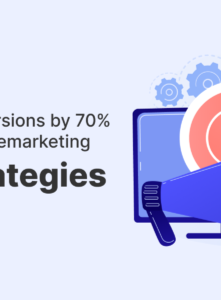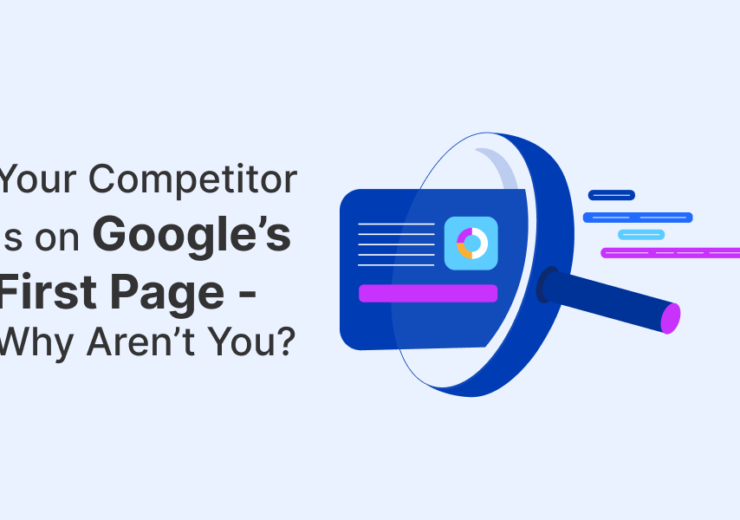Google Ads vs. Organic search engine optimization: Which Should You Invest In?

In today’s competitive virtual world, businesses continuously ask one question: Should I invest in Google Ads or Organic SEO? Both techniques can pressure visitors, generate leads, and improve revenue—however, they work in very exceptional ways. Choosing the proper one relies upon your commercial enterprise desires, finances, and timeline.
In this manual, we’ll break down the differences, pros and cons, ROI ability, and value comparisons that will help you decide where to put your money.
Table of Contents
- Google Ads vs SEO: What’s the Difference?
- What are the Pros and Cons of Google Ads?
- What are the Pros and Cons of Organic SEO?
- Which is Better for Short-Term Growth?
- Which Drives Better ROI in the Long Term?
- What’s the Cost Difference Between Google Ads and SEO?
- Can You Combine Google Ads and SEO for Better Results?
- Google Ads vs SEO – Which Should You Invest In?
- FAQs
1. Google Ads vs SEO: What’s the Difference?
In the middle, Google Ads is paid advertising and marketing, while SEO (Search Engine Optimization) is a long-term approach to advantage free, natural traffic from search engines like Google and Yahoo.
Google Ads:
- You pay according to clicks on (PPC) to appear at the top of Google search results.
- Instant visibility, but it stops when you stop paying.
Organic SEO:
- You optimize your internet site to rank highly in Google results.
- It takes time but builds long-lasting site visitors without ongoing ad spend.
2. What are the Pros and Cons of Google Ads?
Google Ads is best for organizations seeking brief visibility and immediate leads.
✅ Pros:
- Instant outcomes: Appear on the pinnacle of seek results right now.
- Precise focused on: Target particular demographics, places, and key phrases.
- Scalable: Increase or lower ad spend whenever.
- Multiple ad codecs: Search, display, remarketing, and video commercials.
❌ Cons:
- Costly over time: You should continue to pay to stay visible.
- Competitive bidding: High-demand key phrases can be pricey.
- Short-term cognizance: Traffic disappears as soon as ads are paused.
3. What are the Pros and Cons of Organic search engine optimization?
Organic search engine optimization specializes in ranking your internet site naturally via on-page and off-page optimization.
✅ Pros:
- Cost-powerful in the end: Once ranked, you get free traffic.
- Sustainable: Rankings live even if you reduce funding briefly.
- Trust-constructing: Users frequently trust organic outcomes greater than commercials.
- Compounds over the years: The longer you make investments, the better the consequences.
❌ Cons:
- Takes time: SEO often takes 3-6 months to see results.
- Ongoing effort: Requires steady updates and optimization.
- Algorithm changes: Google updates can impact ratings.
4. Which is Better for Short-Term Growth?
For immediate visibility and leads, Google Ads is the winner.
- A new business launching a product can start ads today and get clicks within hours.
- SEO, while powerful, needs months of content, backlinks, and optimization to rank.
If you’re launching a sale or a seasonal campaign, Google Ads is ideal.
5. Which Drives Better ROI in the Long Term?
SEO outperforms Google Ads for long-term ROI.
Here’s why:
- SEO builds evergreen content that attracts traffic for years.
- CPC (cost per click) in Google Ads keeps rising due to competition.
- SEO improves brand authority and trust in organic search results.
Example: A blog optimized for SEO can generate thousands of monthly visits without paying per click.
6. What’s the Cost Difference Between Google Ads and search engine optimization?
Here’s a value contrast:
| Factor | Google Ads (PPC) | Organic search engine marketing |
| Initial Cost | $500-$2000 monthly | $500-$1500 month-to-month |
| Ongoing Cost | Pay in step with click | Maintenance |
| Time to Results | Immediate | 3–6 months |
| Long-Term ROI | Stops when budget ends | Continues after investment |
SEO is cheaper over time, while Google Ads is better for short-term bursts of traffic.
7. Can You Combine Google Ads and SEO for Better Results?
Absolutely! The smartest businesses combine both strategies for maximum impact.
How They Work Together:
- Use Google Ads to drive instant traffic while SEO builds organic presence.
- Test keywords in Google Ads before targeting them in SEO.
- Retarget organic visitors with Google Display and Remarketing Ads.
This approach allows you to get immediate leads and sustainable growth simultaneously.
Google Ads vs SEO – Which Should You Invest In?
- If you need fast results, go for Google Ads.
- If you want long-term growth and cost-effective traffic, invest in SEO.
- Ideally, combine both to get quick wins from Ads while building long-term authority with SEO.
Your best bet? Start with Google Ads to generate leads immediately while gradually building an SEO foundation to secure future organic traffic.
Related Services by Kantha Digital:
| Google Ads Services | SEO Services |
| Google Shopping Ads | On-Page SEO Service |
| Google Display Ads | Link Building Service |
| Remarketing Ads | |
| YouTube Ads |
FAQs
Q1: Is SEO better than Google Ads?
SEO is better for long-term, sustainable growth, while Google Ads is ideal for instant results.
Q2: How much should I spend on Google Ads?
Budgets vary, but $500-$2000 per month is common for small to mid-sized businesses.
Q3: Can I do SEO without running ads?
Yes! SEO can work independently, but takes longer to show results.
Q4: Are Google Ads good for small businesses?
Yes. Google Ads provide immediate visibility, especially for local targeting.
Q5: Does SEO help reduce ad costs?
Yes. Strong SEO reduces your dependence on ads, lowering overall marketing spend.
We help brands grow to their fullest potential. Don’t miss out on your chance to stay up to date with latest trends.



